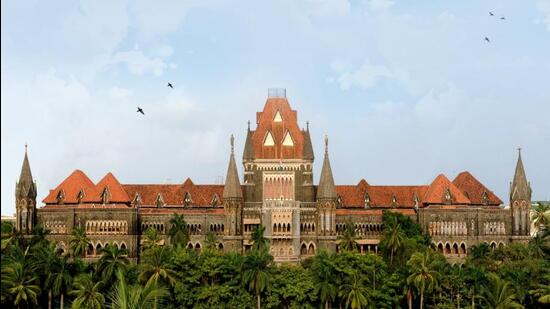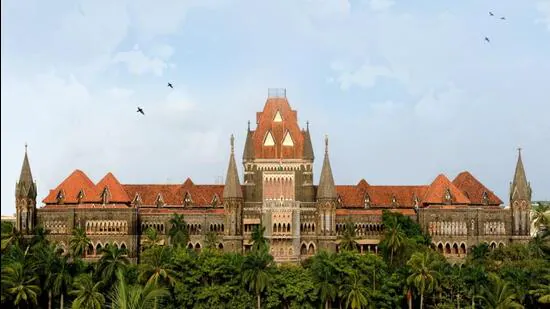
The PIL also sought directions for the issuance of the final notification on Special Regulations for Buildings Vulnerable to Man-made Disasters in the DCPR-2034
Mumbai The Bombay high court (HC) has asked the state government to report the progress of implementing draft regulations for fire safety in buildings vulnerable to man-made disasters within a week.
The directions were issued after a public interest litigation (PIL), which raised a grievance that though the draft regulations were formulated in 2009 in the aftermath of the 26/11 terrorist attacks in Mumbai, nothing was done to implement the same.
The PIL also sought directions for the issuance of the final notification on Special Regulations for Buildings Vulnerable to Man-made Disasters in the DCPR-2034. Though the state sought four weeks’ time, the HC declined it and posted the hearing after a week.
The division bench of chief justice Dipankar Datta and justice M S Karnik, while hearing the PIL filed by advocate Abha Singh, was informed by advocate Hiten Venegaonkar, special counsel for the state government, that it would take at least four weeks to implement fire safety regulations and guidelines, after conducting the requisite research and studies. The state had informed the bench of the guidelines on April 11.
In light of the submission by the state, advocate Aditya Pratap appearing for Singh said that the state was probably not implementing the fire safety regulations due to the interest of developers and builders.
After hearing the submissions, the bench observed that the state ought to have filed an affidavit bringing on record their stand on the status of implementation of the regulations and adjourned hearing of the PIL after a week.
Earlier, the state had filed an affidavit informing the bench that objections and suggestions had been sought from the public on the draft regulations and based on advancements made in the field of science and technology, it wanted to ascertain whether the special regulations needed to be implemented by appointing an expert committee for the same.
The bench also sought to know as to why the state had failed to include the special regulations in the DCPR- 2034, which came into effect in 2018 and the Unified Development Control and Promotion Regulations (UDCPR), which came into effect in 2020.
The bench then noted that the state had failed to justify its complete inaction from incorporating the stipulations of the regulations in the DCPR-2034 and the UDCPR. “Unfortunately, a complete abdication of public duties and functions is discernible, which is wholly opposed to public interest and public concern,” added the bench.

